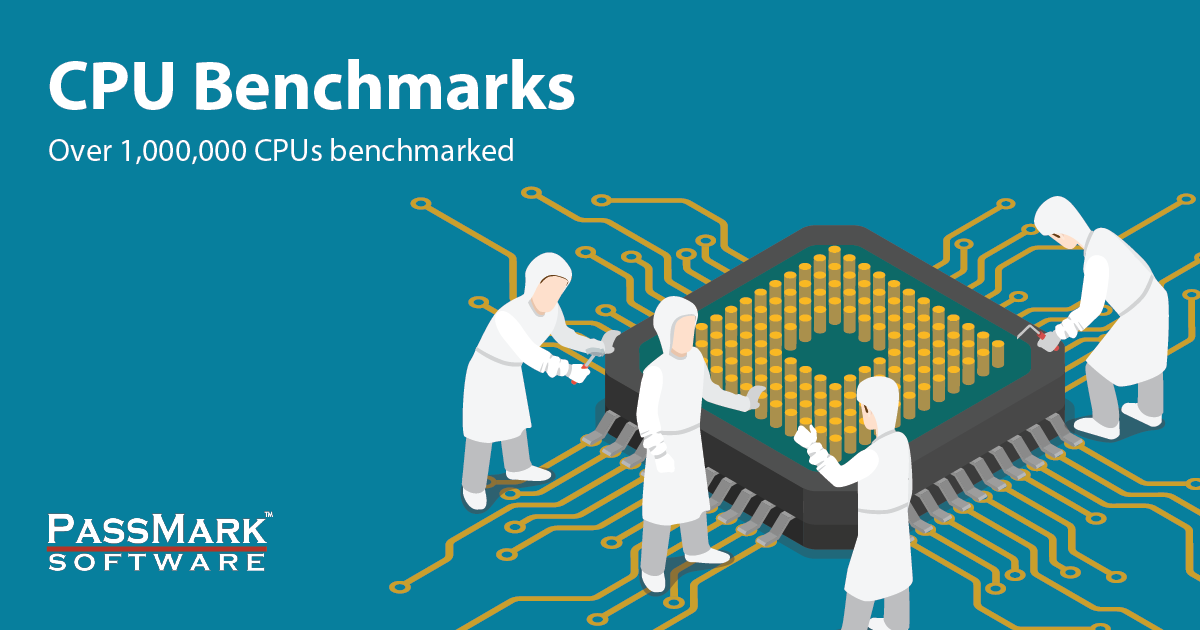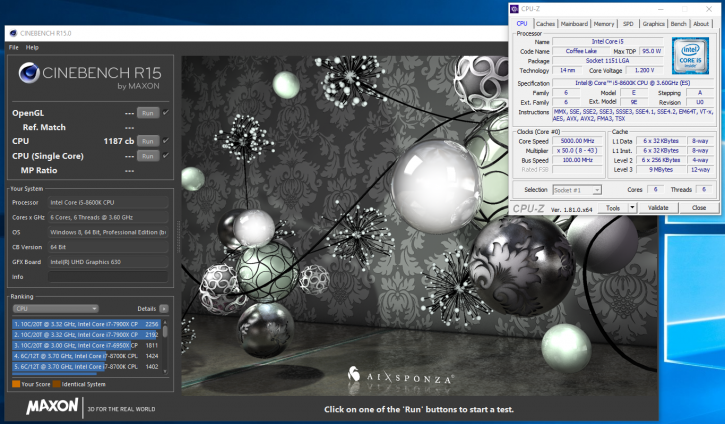- Joined
- Oct 2, 2015
- Messages
- 3,152 (0.90/day)
- Location
- Argentina
| System Name | Ciel / Akane |
|---|---|
| Processor | AMD Ryzen R5 5600X / Intel Core i3 12100F |
| Motherboard | Asus Tuf Gaming B550 Plus / Biostar H610MHP |
| Cooling | ID-Cooling 224-XT Basic / Stock |
| Memory | 2x 16GB Kingston Fury 3600MHz / 2x 8GB Patriot 3200MHz |
| Video Card(s) | Gainward Ghost RTX 3060 Ti / Dell GTX 1660 SUPER |
| Storage | NVMe Kingston KC3000 2TB + NVMe Toshiba KBG40ZNT256G + HDD WD 4TB / NVMe WD Blue SN550 512GB |
| Display(s) | AOC Q27G3XMN / Samsung S22F350 |
| Case | Cougar MX410 Mesh-G / Generic |
| Audio Device(s) | Kingston HyperX Cloud Stinger Core 7.1 Wireless PC |
| Power Supply | Aerocool KCAS-500W / Gigabyte P450B |
| Mouse | EVGA X15 / Logitech G203 |
| Keyboard | VSG Alnilam / Dell |
| Software | Windows 11 |
I can agree to that. But I insist, 14nm is not for 8 cores.











